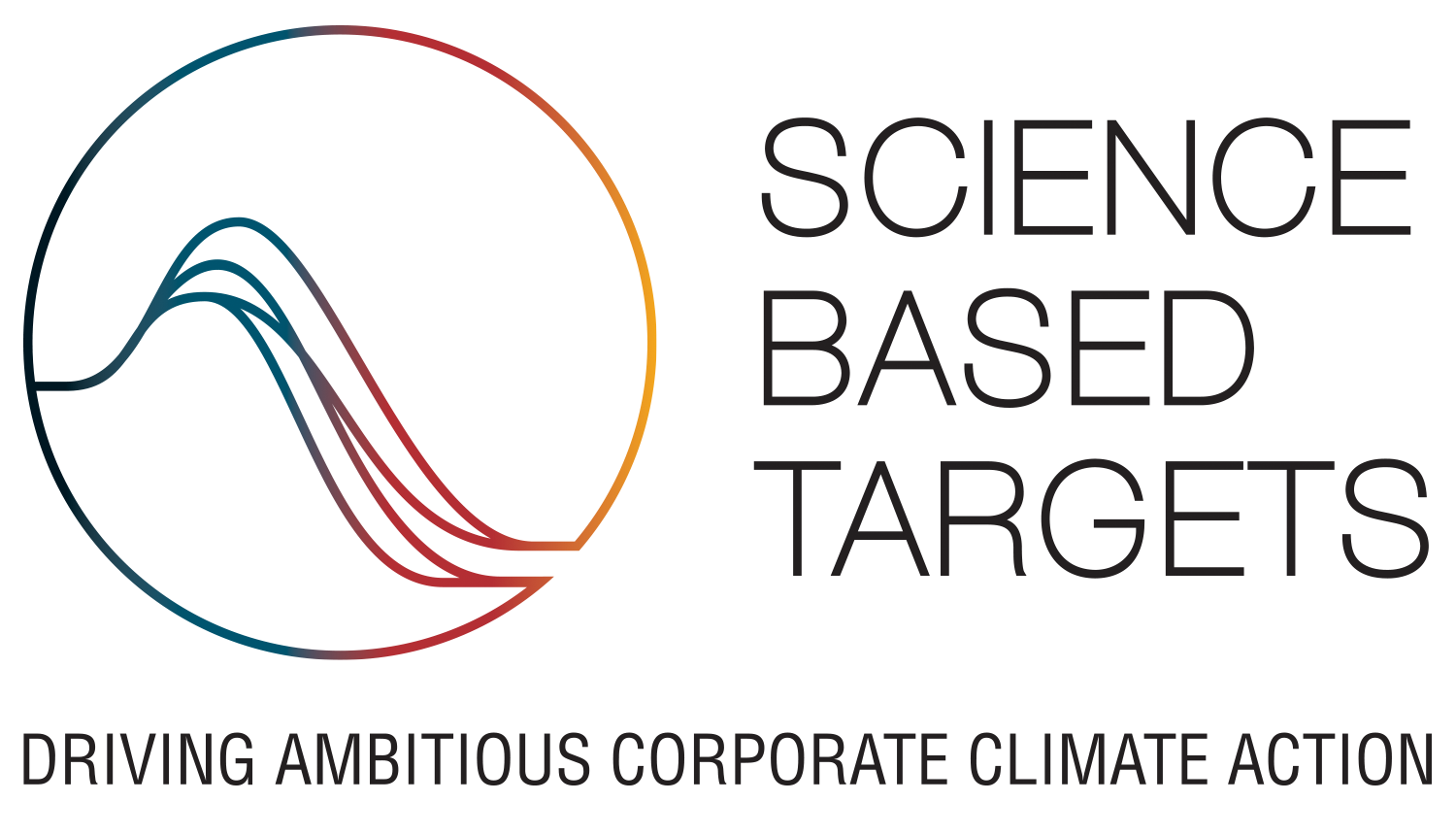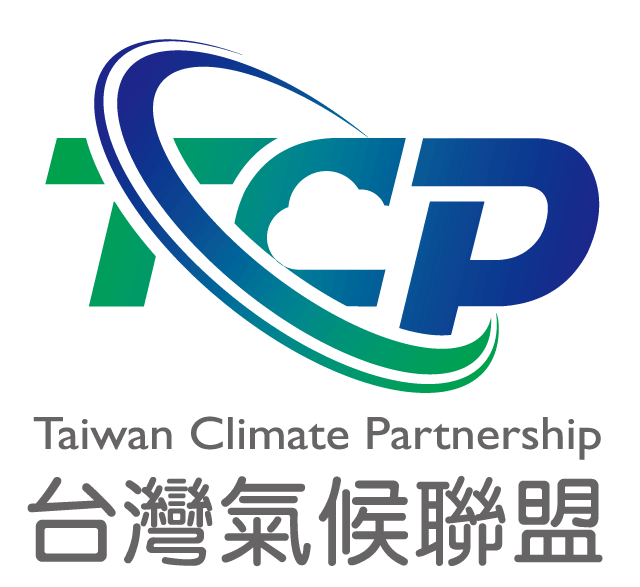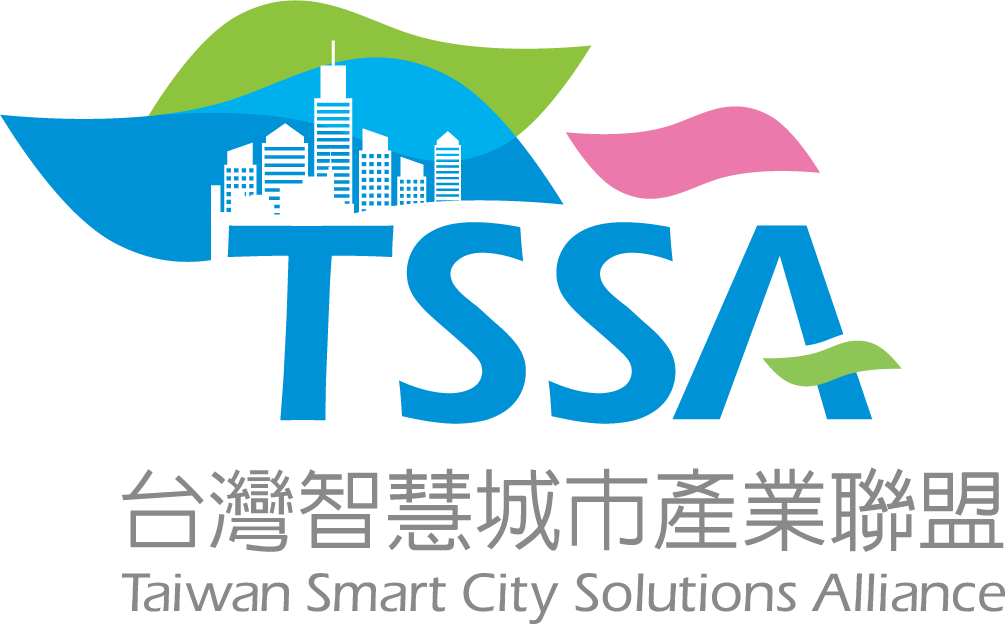
Governance
As climate change affects product development and business operations, we continue to focus on the implementation of our climate action and goals after the Paris Agreement and incorporate them into the sustainability strategy.
Board of Directors
ASUS’s corporate sustainability policy is approved by the Chairman, who serves as the highest authority responsible for the group’s sustainabilityrelated issues, including the approval of climate change response strategies. The promotion of climate action initiatives and goal management is regularly reported to the board of directors annually. Starting from 2022, reporting to the Board of Directors has been elevated to a quarterly basis.
Sustainable Development Committee
The Sustainable Development Committee, composed of five Independent Directors and two Co-CEOs, reviews the Group’s sustainability management operations and implementation progress, and reports annually to the Board of Directors. Under the Sustainable Development Committee, the Sustainability and Green Quality Management Center coordinates sustainability management representatives from each subsidiary, convening quarterly meetings to collaboratively develop and execute action plans for Group-wide sustainability issues.
Sustainability and Green Quality Management Center
The Chairman has instructed the CEO to serve as the highest-ranking manager for climate change and sustainability management, and establish the dedicated unit “Sustainability and Green Quality Management Center”. The Company appointed a Chief Sustainability Officer to analyze global sustainability trends and execute sustainability projects. The Company also incorporated sustainable development as one of the task units of the Business Continuity Management Committee, which reports risk management indicators related to climate change each quarter.
ESG Committee
The Chief Sustainability Officer serves as the committee chair. Committee members come from business operations units and support units. It is responsible for inter-departmental coordination and collaboration to implement sustainability strategies and climate action issues into products, operations, and value chain management.
Strategy
As the threat of climate change intensifies, “Net Zero emissions by 2050” has become a consensus in global climate actions. Nearly 140 countries across the world that produce 88% of global carbon emissions have promised to achieve Net Zero emissions by 2050. According to the “Net Zero Economy Index 2021” published by PwC, achieving net zero emissions by 2050 will be difficult, unless carbon emissions by half by 2030 and achieving Net Zero emissions by 2050 require a five-fold increase in the rate of global decarbonization. It means that every industry across the world must accelerate their transformation to achieve net zero emissions. ASUS has set Science-Based Targets (SBT) for carbon emission reduction and initiated its climate actions in three stages: enhancing energy efficiency, expanding the utilization of renewable energy, and reducing emissions by means of innovative technologies to lead the value chain to Net Zero.

ASUS Net Zero Vision
2025
Enhance energy efficiency
- Ensure the energy efficiency of products reaches 30% above the ENERGY STAR® standard
- Achieve a 30% reduction in carbon intensity rates in the supply chain
2030
Expand the use of renewable energy
- Use 100% renewable energy in Taiwan-based operations centers
2035
- Use 100% renewable energy in global operations centers
2050
Innovative technologies
- Invest in innovative technologies
- Remove residual emissions
- Lead the value chain to net zero

Climate Initiative
SBTi

SBTi is a third-party certified scientific method based on the global carbon budget scenario of limiting global warming to 1.5 °C, which businesses can use to establish science-based carbon reduction targets.
ASUS achieved validation of its SBTi Net- Zero Target in 2025. In line with the 1.5 °C reduction pathway, ASUS commits to reducing absolute Scope 1 and Scope 2 GHG emissions by 90% by 2050, as well as reducing absolute Scope 3 GHG emissions by 90%.
ASUS drives the value chain towards net zero by enhancing energy efficiency, expanding the utilization of renewable energy, and leveraging innovative technologies.
RE100

RE100 was initiated in 2014 by The Climate Group and CDP to drive companies to commit to 100% renewable energy usage by 2050, and it now includes over 400 multinational members.
ASUS joined RE100 in 2021, committing to use 100% renewable energy in its Taiwan operations by 2030 and in its global operations by 2035.
In 2024, ASUS achieved an RE55 target for renewable energy adoption at its global operations centers. In Taiwan, locations including the headquarters and the AI Cloud Campus officially transitioned to renewable energy (photovoltaic), supplying a total of 9,500 MWh. At its U.S. facilities, ASUS completed the installation and commissioning of a solar power generation system.
Taiwan Climate Partnership

In 2021, the Taiwan Climate Partnership was joint ly ini tiated and establi shed by eight major technology companies to collaborate with the supply chain in elevating energy efficiency, promoting lowcarbon manufacturing, and accelerating the transition to net zero by leveraging the alliance’s carbon management capabilities.
As a founding member, ASUS commits to leveraging its expertise to assist upstream and downstream partners in adopting renewable energy, implementing digital carbon management, and improving energy efficiency to achieve carbon reduction targets.
ASUS’s Chief Sustainability Officer was invited to serve as a committee member of the Partnership’s Climate Academy, contributing to curriculum planning. In 2024, they also served as a lecturer at the Sustainability Decision Forum, sharing ASUS’s net-zero implementation experience to deepen industry exchange and strengthen supply chain decarbonization momentum.
Taiwan Smart City Industry Alliance

The Taiwan Smart City Industry Alliance was initiated by the Taipei Computer Association in 2014 to unite industry, government, academia, and research institutions in promoting smart cities and the Internet of Things (IoT). Each year, the Alliance organizes the Smart City Expo to foster cross-sector integration and generate international business opportunities.
In 2025, Samson Hu, Co-CEO of ASUS, was appointed as the 11th Chairman of the Taiwan Smart City Industry Alliance. He aims to drive a dual-track transformation of digitalization and sustainability through cross-industry integrat ion of Taiwan’s smart energy technologies and industrial resources.
ASUS also participates in the Alliance’s newly established Virtual Power Plant (VPP) Working Group, serving as an integration member to consolidate resources and technologies across industry, academia, and government, and to promote policy support, standards development, and the exploration of innovative business models.


